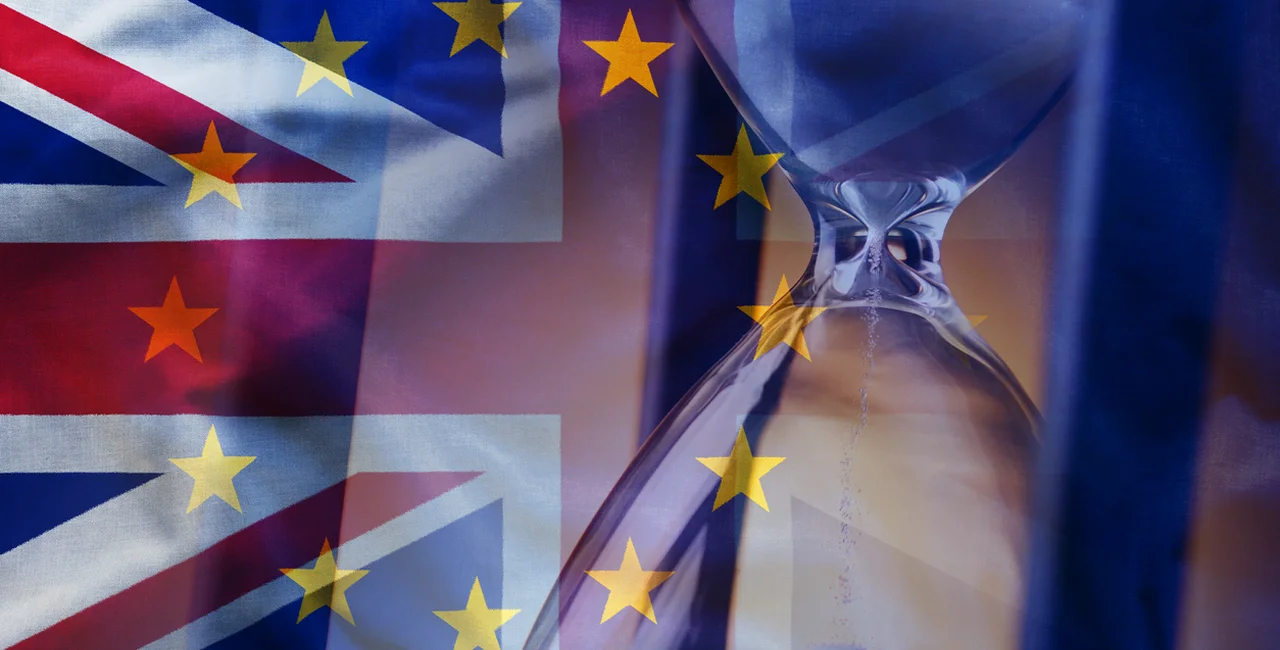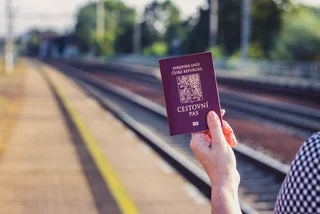London, Oct 15 (CTK special correspondent) – Britain is likely to leave the European Union on October 31 after closing a deal on principles, followed by a more detailed agreement between Brussels and London, Czech Ambassador to the UK Libor Sečka has said in an interview with CTK.
“The twist has come at last when the British and Irish PMs met,” Sečka said, commenting on the Brexit talks that have long seemed hopeless.
However, a meeting between British PM Boris Johnson and his Irish counterpart Leo Varadkar last week gave them a new impulse, so even EU chief Brexit negotiator Michel Barnier was convinced that the Brexit deal can still be closed this week.
Sečka said that this was a good opportunity.
“I have heard that some general deal on principles can be struck and when it is confirmed on both sides, the legal text can be drafted,” he said.
The particular agreement would be closed only after October 31, which would not prevent Brexit as of this date though, he added.
According to Sečka’s information, this general agreement might solve the main problem concerning the Irish backstop, in particular, the whole UK, including Northern Ireland, would formally leave the EU, but at the same time Northern Ireland would voluntarily pledge to meet some EU rules after agreeing on it with London.
“Sovereignty will not be violated, as this will come from London and not from Brussels, but the result will be the same,” Sečka said, adding that exactly a possible limitation of sovereignty played the key role for Britain in the Brexit issue.
Sečka is of the view that such an agreement can be reached by October 19, the deadline given to the British government by the parliament to push through an agreement on the Brexit conditions or get the MPs’ consent to a no-deal Brexit. Otherwise, the government would have to negotiate another Brexit postponement.
Sečka said he was convinced that a similar deal has a chance of winning a majority in the British parliament.
hol/mr/rtj












 Reading time: 2 minutes
Reading time: 2 minutes 
























